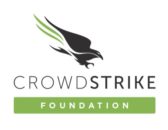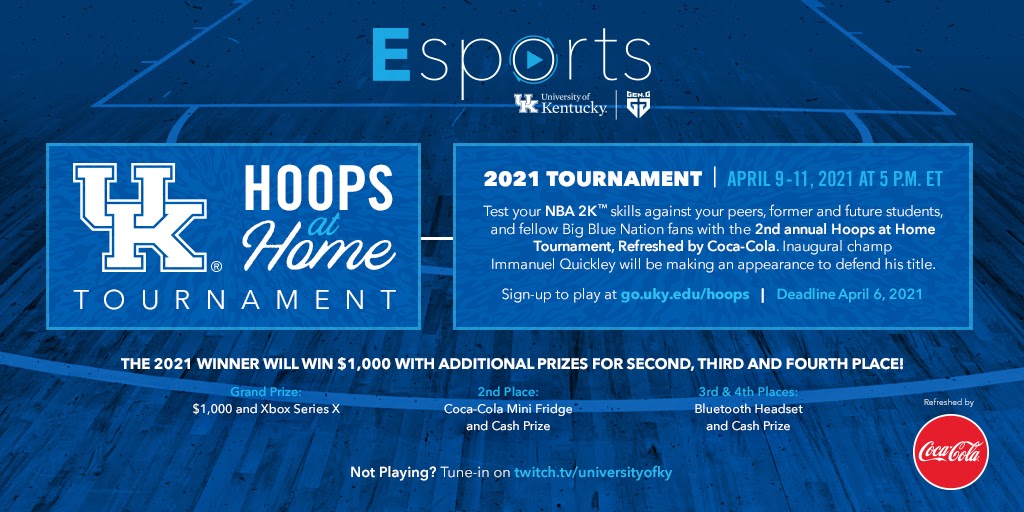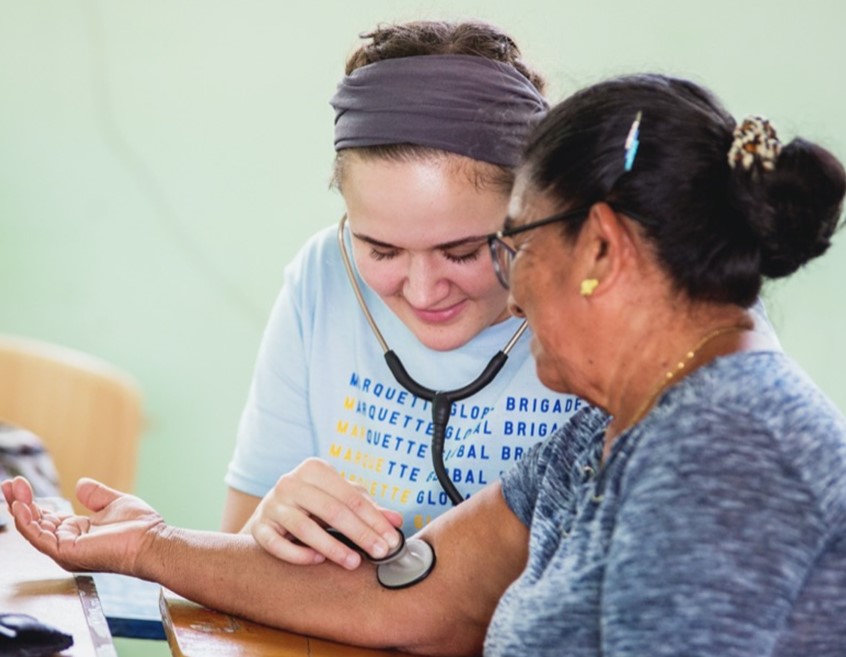Multi-faceted Educator/Entrepreneur/Musician
David Parker – “a Classical Liberal” – Finds Common Ground with
Progressives on Identifying Strategies & Distinctions
For Every Individual to Move from Financial Challenge to Prosperity
 “David Parker’s Income and Wealth offers a persuasive, personal take on big issues, public and private. Parker lays out clear thinking and antidotes to the rhetorical poisons in which we are forced to swim these days. [He reminds us] that free people benefit each other in their voluntary interactions, and … anything more than ‘that government that governs least’ hurts us all.”
“David Parker’s Income and Wealth offers a persuasive, personal take on big issues, public and private. Parker lays out clear thinking and antidotes to the rhetorical poisons in which we are forced to swim these days. [He reminds us] that free people benefit each other in their voluntary interactions, and … anything more than ‘that government that governs least’ hurts us all.”
Bart Lee
Late Adjunct Professor of Law & Economics
Golden Gate University
(SAN FRANCISCO, CA – March 16, 2021) After a challenging and disruptive year, millions of Americans – indeed, people worldwide – are desperately searching for the wisdom and insight that can help them rise above the financial problems facing every sector of business and every individual. Fortunately, entrepreneur and lifelong educator David Parker is now sharing the perspective and principles on which he has built a successful career as an entrepreneur and investor in “INCOME AND WEALTH: David Parker Essays – Volume One” (Waterside Productions – February 16, 2021). The lessons that Parker shares with readers in this thought-provoking, transformational work encapsulate the author’s 40-year study of economic history and principles.
When he began his teaching career, Parker broke with conventional wisdom. He chose a different path from the majority of his colleagues in the educational field. Rather than place his faith and his future in the teachers’ union or the government, Parker’s intellectual curiosity drove him to explore why government intervention in any aspect of our lives – from education to healthcare – is doomed to failure, and how individual action, regardless of annual income, can lead to the accumulation of wealth. While some might label his political views, especially his disdain for government intervention, “conservative,” Parker calls himself a “classical liberal” – adamant that citizens should not be forced to support programs inconsistent with free market economics. The result of Parker’s scholarly inquiry into the proper role of government in our lives — Income and Wealth — is the result of 30 years of study and 30,000 hours of annotated reading of the world’s foremost experts on the subject of political economy including Aristotle, Adam Smith, F.A. Hayek and Ayn Rand.
Known for his “unconventional wisdom,” Parker shares common ground with many individuals currently identified as “Progressives,” in his belief that virtually everyone – even those earning minimum-wage income – have the opportunity to create wealth. “Most people in this country don’t realize they are living way beyond their means,” Parker says. The prescription he advocates for wealth creation may not be easy – but it is certainly effective. He urges all young people, regardless their earning power, to invest half their annual income. “Even those not especially creative or brilliant,” he says, “will generate significant income from their investments within ten years.”
A Sampling of David Parker’s Views
As the author shares in Income and Wealth, individual responsibility and initiative are essential keys to achieving financial success – and, in fact, is the only sustainable path to this goal. As readers will discover, Parker not only presents a compelling case for the benefits of free market economics, and he also shares principles and insights that can be used as the building blocks for a step-by-step plan for financial prosperity.
As “a classical liberal,” Parker believes our government should be based on a foundation of social, political and economic freedom. “Freedom in these three areas is fundamentally interconnected,” Parker says. “The degree to which you restrict one – for example, constraining economic freedom through a policy such as rent control – inevitably results in an equal constraint on the other two areas.” Further, he says it is important to remember that this nation was built on simple, fundamental principles. The U.S. Constitution, for example, is written on a single page. Our government’s tendency to overcomplicate issues and interfere in the free market has been a disaster – as we have seen.”
In addition, he notes, America’s business community has no lack of ingenuity when it comes to circumventing government policy and law – regardless of the political party pushing for such regulation. This fact, Parker believes, underscores the preeminence of free market forces, as business naturally seeks to be free of government constraint. To support his position, he notes that in any field or program, “when government is involved, it costs more – two or three times what it would cost if left to free market solutions.” If healthcare was a typical ‘market commodity,’ Parker says, “consumers would bargain for the best price, just as they bargain for everything else, and sky-high health care costs would come down to realistic levels.”
Government intervention in our nation’s education system has produced similarly disastrous results, Parker says – and, again, shares common ground with Progressives in calling for action to correct this crisis. In an interesting twist that might surprise his fellow conservative thinkers, Parker sides with Progressive politicians including Senators Bernie Sanders and Elizabeth Warren, and Rep. Alexandria Ocasio-Cortez, in calling America’s student debt situation a full-scale crisis. As was frequently mentioned during recent Presidential debates, student debt is a huge pressure on millions of young people just entering the workforce. Parker notes that due to government subsidy of our nation’s colleges, administrators at those institutions have lost any ability to budget properly and bring prices back down to earth.
After reading this important new book, readers will have no doubt that “income” and “wealth” are entirely different things, and that any limits upon the first actually has no bearing upon one’s ability to achieve the second.
Additional Praise for “Income and Wealth”
“A fascinating, hard hitting treatise on the dynamic between money, society, and basic human nature. It’s a timely read in these highly polarized times, an unemotional and data-based explanation – which has indelibly changed my opinion of the way things work.”
Ahmad Mohazab, RA, NCARB, LEED AP
TECTA Associates
“Sure to draw ire from both sides of the political and economic spectrum, Parker seamlessly threads a practical theory of wealth and income through history, micro-, macro-, and development economics. A completely fresh take on the modern economy, weaving elements of Ayn Rand’s laissez-faire Objectivism with University of Chicago Neoclassical models and brought down to earth by Parker’s 40+ years teaching inner-city schools.”
Michael Seitz – Co-founding owner
Barebottle Brewing Company, San Francisco
About Author David Parker
David Parker began his career in education at the age of 24 and served students of San Francisco’s inner-city public elementary schools for 40 years as a music teacher, followed by 10 years as a volunteer. While pursuing his career in education, Parker also became a very successful real estate investor. It was success in business that focused his writing, teaching and career as a professional musician. Parker’s career as a musician is similarly impressive. He spent 20 years as member of the Berkeley Symphony Orchestra and 15 years as leader of the Dave Parker Sextet, which has headlined at San Francisco’s Fillmore Jazz Festival.
As Income and Wealth approached publication, Parker was already hard at work on his next book. His thoughtful essays have been featured in The Economist, The Financial Times and several prestigious law journals. In addition to being an author, entrepreneur and investor, David Parker is also a proud father and grandfather. In his later years, his mother Gertrud Parker – who passed away earlier this year at the age of 96 – served as a powerful inspiration, with her international acclaim an artist as well as a civic leader in San Francisco.
To learn more about David Parker, including his essays and music, visit:
https://davidparkeressays.com/ and https://daveparkersextet.com/
To coordinate media coverage, contact:
Dea Shandera-Hunter – 747 239-1715 – deashandera@yahoo.com
Tom Martin – Tom Martin Media, LLC – 203-297-2137 – Tom@TomMartinMedia.com












